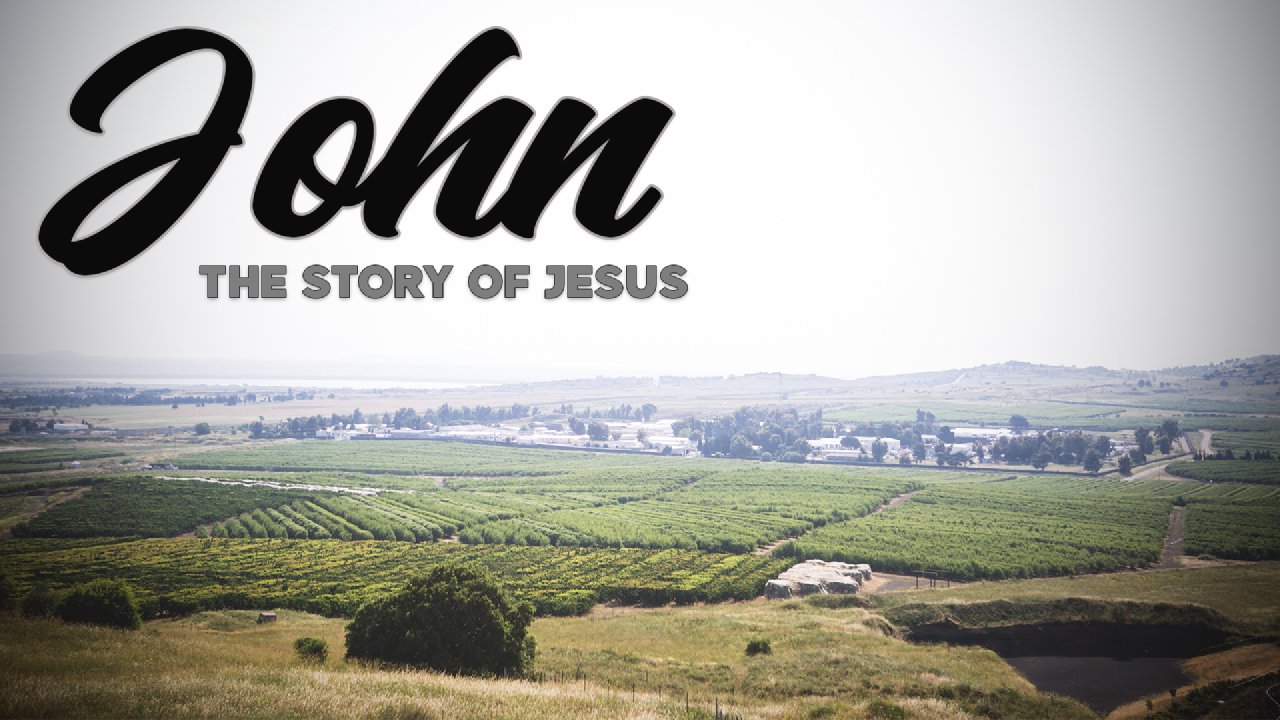All people become angry at times. But what causes a person's temper to rise to the point where they become unrestrained? What makes a person hate someone so much they are willing to lay aside all sense of justice, violate laws they have sworn to uphold, and arrange for their victim to die as painfully as possible?
As we read the accounts of Jesus' predawn trials, there is a terrible component of cruelty that sneaks into the picture and grows until we watch people spitting in His face, beating Him with their fists, and slapping Him when He's blindfolded, with His hands tied behind His back. It's just not normal. Some force has entered in and seems to have taken control of them. It's shocking to read what was done to Jesus, but if we are honest with ourselves, that type of rage is not entirely unfamiliar to us. Human history is filled with examples of it. Quite honestly, we don't have to look back into history at all to find these examples. Many of us have been the victim of angry outbursts or have felt that rage come over us and propel us to do or say things we never thought we would.
Today, we will follow Jesus through those predawn trials at the high priest's residence and watch as that strange rage enters and takes over. How does that influence enter our own lives, and how do we stop it from ever coming in again? We want to lock the door on that uninvited spirit. Horrible things can happen when a person allows an offense to take root in their heart. Toxic attitudes don't die with time; they keep growing. When anger becomes a bitter root, we give the enemy permission to wreak havoc. However, God's Word has shown us that we can close that door by dealing with that attitude.





